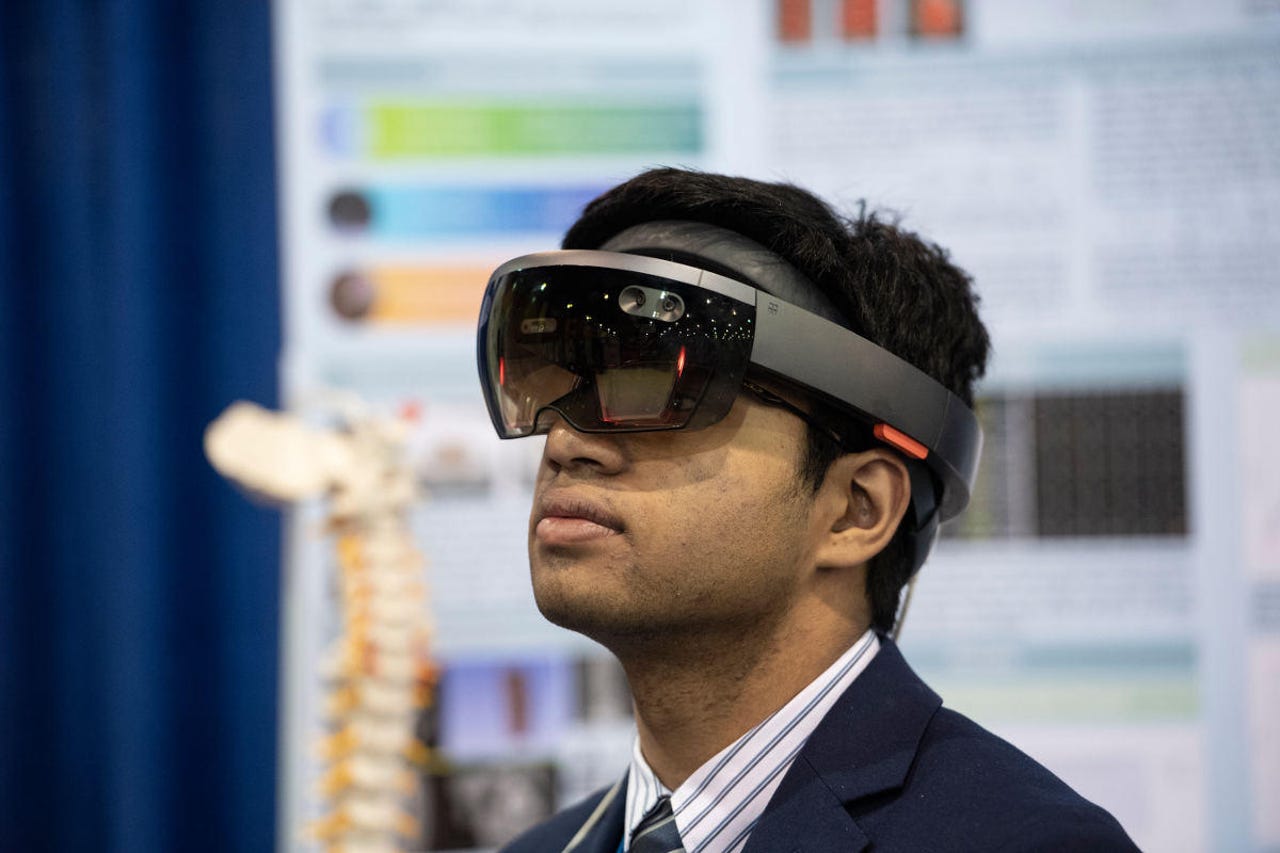16-year-old engineer wins $75K at top science fair


A sixteen-year-old engineer took home top honors and $75K at the Intel International Science and Engineering Fair (ISEF) for developing a machine learning technology to help surgeons place screws more accurately during sensitive spinal surgeries. Krithik Ramesh beat out a field of over 1,800 young scientists from 423 associated science fairs across 80 countries competing for bragging rights and prizes.
Innovation
The ISEF is a program of the Society for Science and the Public and is the world's largest pre-college science fair.
Ramesh's project used computer vision and machine learning to help in one of the most sensitive and time-intensive phases of spinal surgery. By helping orthopedic surgeons quickly and accurately identify optimal screw placement, his method could reduce operating time by 30 minutes or more. Other benefits, according to tests, could be reduced physical therapy and fewer negative effects associated with traditional medical imaging.
The Gordon E. Moore Award, named in honor of Intel's co-founder, is the richest prize at $75K, but the competition also awarded tens of thousands of dollars to other teenage scientists.
For example, a San Jose, California 17-year-old named Allison Jia won one of two Intel Foundation Young Scientist Awards of $50K. Her project investigated protein aggregates found in neurons and associated with neurodegenerative diseases like Alzheimer's. The other Young Scientist Award went to Rachel Seevers, also 17, of Lexington, Kentucky, who designed and built an energy-efficient underwater propulsion device that moves like a jellyfish.
A Northville, Michigan, teen, Shriya Reddy, was awarded $10K and the Craig R. Barrett Award for Innovation for her noninvasive approach to spotting melanoma lesions.
"Intel is proud to honor Krithik Ramesh, Rachel Seevers, Allison Jia, Shriya Reddy and all of the ISEF finalists on their innovative work, which is helping to advance key research areas and provide solutions to global challenges that are critical today. The work they are doing has the potential to make a better tomorrow for all of us," said Pia Wilson-Body, president of the Intel Foundation. "And I would be remiss if I didn't highlight the communities of support surrounding these students every day: parents, teachers, mentors, administrators, supporters and organizations like SSP who provide opportunities for students to engage and explore the world of STEM, and ultimately reach their full potential."
About 600 young scientists received awards and prizes. A full listing of finalists is available in the event program.
"Congratulations to our winners and all our finalists who are demonstrating that world-changing ideas can come from anywhere in the world," said Maya Ajmera, president and CEO of Society for Science & the Public and publisher of Science News.